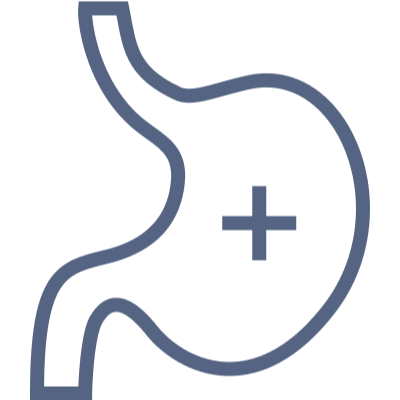Collection Method
CI05.15.01
Kit Requirements
SST Serum
Turn Around Time
48 hours Turnaround times are estimates
Description
Immunoglobulins play a critical role in the body’s immune response. Quantitative immunoglobulin testing measures the total IgG, IgA and IgM and determines immune system status. Measuring the Total immunoglobulins may be used to monitor for a deficiency state or excess in one or more of the Immunoglobulin classes (IgG, IgA and IgM).
IgG- makes up the majority of immunoglobulins within the blood (approximately 70-80%). IgG antibodies are responsible for longer term defense against pathogens. IgG antibodies are usually secreted in the initial phase of an infection, rising after a few weeks, then they gradually decrease and stabilize. The body retains memory of IgG responses so the antibodies can be rapidly reproduced if the body is exposed to the same pathogen again. IgG deficiency may reflect an immunodeficiency state.
IgA – makes up approximately 15% of the total serum immunoglobulins. IgA is present in saliva, tears, respiratory and gastric secretions, and breast milk. IgA provides protection against infection in the mucus membranes of the body such as the respiratory tract and the gastrointestinal tract. When passed from mother to baby during breast-feeding, it helps protect the infant’s gastrointestinal tract. Generally, only a low level of IgA may be present in the body after 6 months of age, however IgA levels increase with age.
IgM- These are the antibodies that are first produced when the body encounters a new infection. They only offer short term protection, and then IgG takes over. IgM antibodies detected in a newborn may reflect that there was an infection during the pregnancy.
Analytes
- Total IgA
- Total IgG
- Total IgM
Common Conditions
 Gastrointestinal and Digestive Health
Gastrointestinal and Digestive Health- Chronic Diarrhoea or other Gastrointestinal issues
 Nutritional and Dietary Symptoms
Nutritional and Dietary Symptoms- Chronic Inflammation
 Autoimmune and Immune System
Autoimmune and Immune System- Disordered immunoglobulin production
- Recurrent Infections
 Respiratory Health
Respiratory Health- Frequent Respiratory Infections
 Other Health Conditions
Other Health Conditions- Immunoglobulin deficiency
- Infants may be tested if the doctor suspects an infection during pregnancy
- Monitoring for specific diseases/conditions
Notice To Patients
NutriPATH practices in the usual practitioner-referral system for pathology laboratories. Patients are highly recommended to seek the supervision and guidance of a qualified healthcare practitioner for the interpretation of any lab results and associated information. NutriPATH can offer assistance in locating a suitable practitioner.
How it works
Step 1
Order test
Your referring practitioner will place this order via their online portal.

Step 2
Collect Samples
A test kit will be dispatched to you and you can conveniently collect your sample in the comfort of your home.

Step 3
Return Samples
Return samples for analysis via the provided courier packaging.

Patient resources
Our highly skilled and qualified team have created a service where patients can easily gain access to a wide range of pathology testing options.
Practitioner resources
As a leader in the industry, practitioners are able to trust in our ability to provide them with the technology they need to adequately test their clients and patients.









